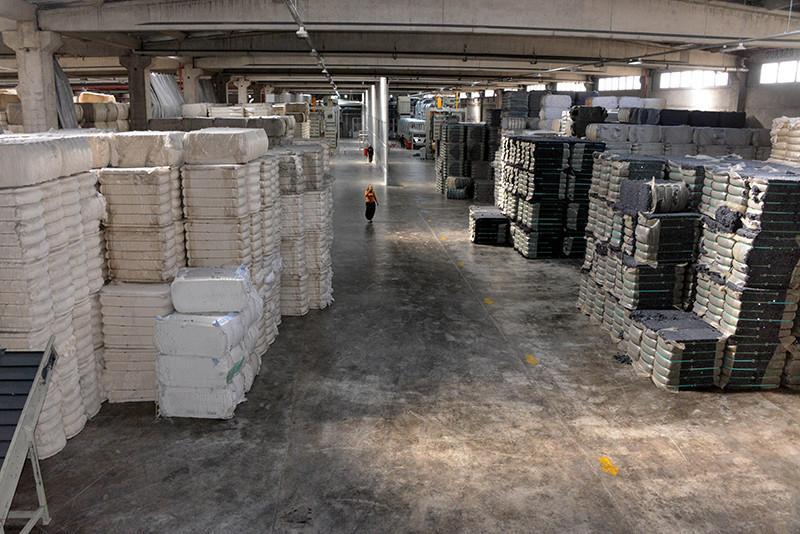
Türkiye’s large textile industry is struggling with multiple challenges, including weak demand from its main export markets, lower capacity usage and the loss of competitiveness, with sector representatives calling for action from the government.
Employment in the sector is declining, while the capacity utilization rate across the industry has fallen to 70 percent.
The Turkish textile sector is the fifth largest exporter in the world and the largest in Europe, said Ahmet Öksüz, the president of the Istanbul Textile and Raw Materials Exporters Association (İTHİB).
“But the industry posted a trade deficit last year; it was the net importer in 2022. We are the second largest industry in the Turkish manufacturing sector in terms of production with a total production value of $82.4 billion, including the apparel sector.”
The contraction in the main export markets is causing serious problems for the local textile companies, Öksüz said, adding that dumped imports of textile products are eroding local companies’ competitiveness. “Our products are very high quality, but we cannot compete with cheap products from countries like Uzbekistan. We need some protective measures.”
Some actions must be taken immediately to protect jobs and prevent billions of U.S. dollars worth of investments from becoming idle, according to Öksüz.
“The textile sector should be excluded from the scope of the free trade agreements (FTA) planned to be signed with countries, such as Vietnam, Thailand, Indonesia and India, which are our competitors, while the existing FTAs must be reconsidered,” he said.